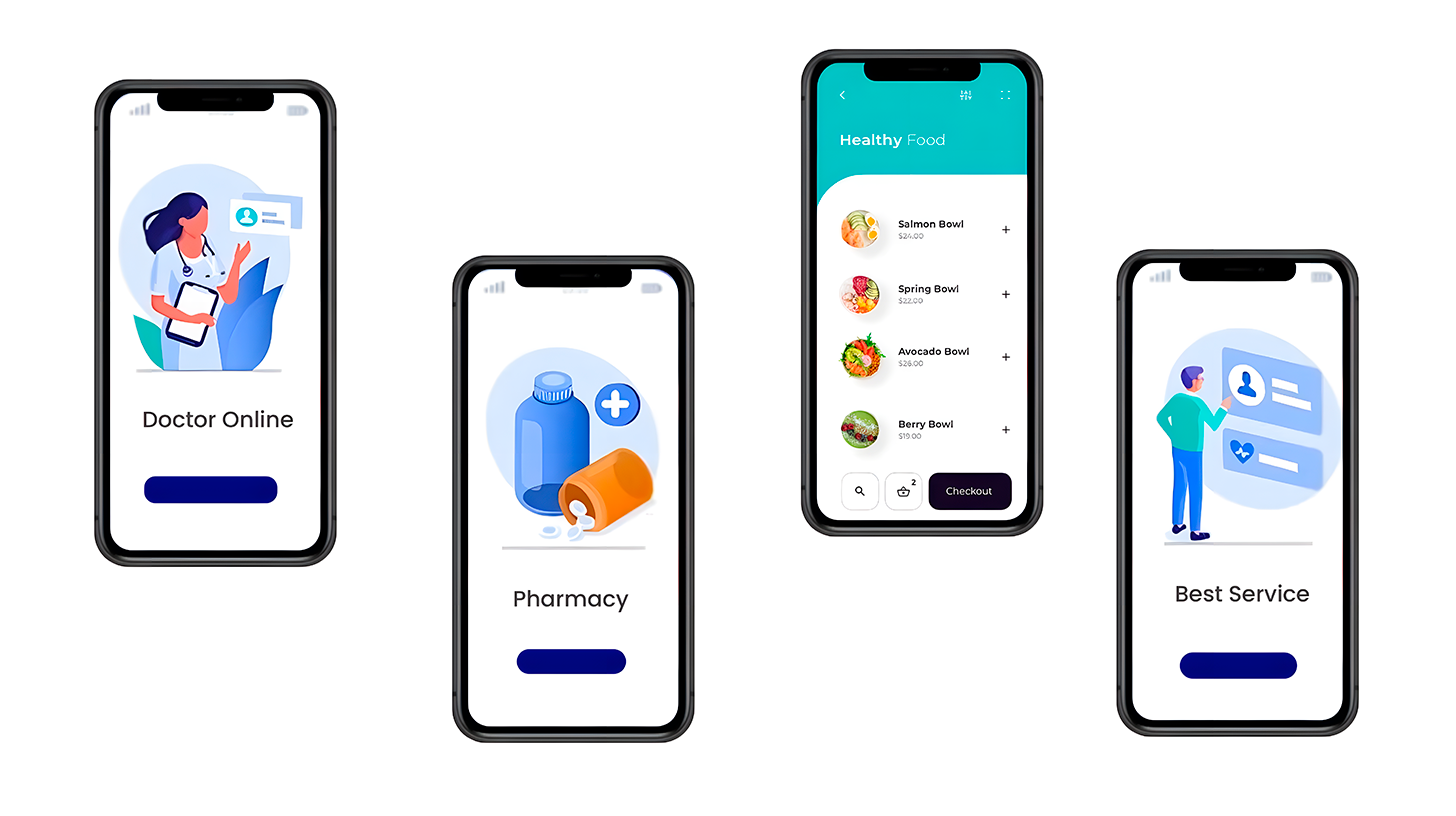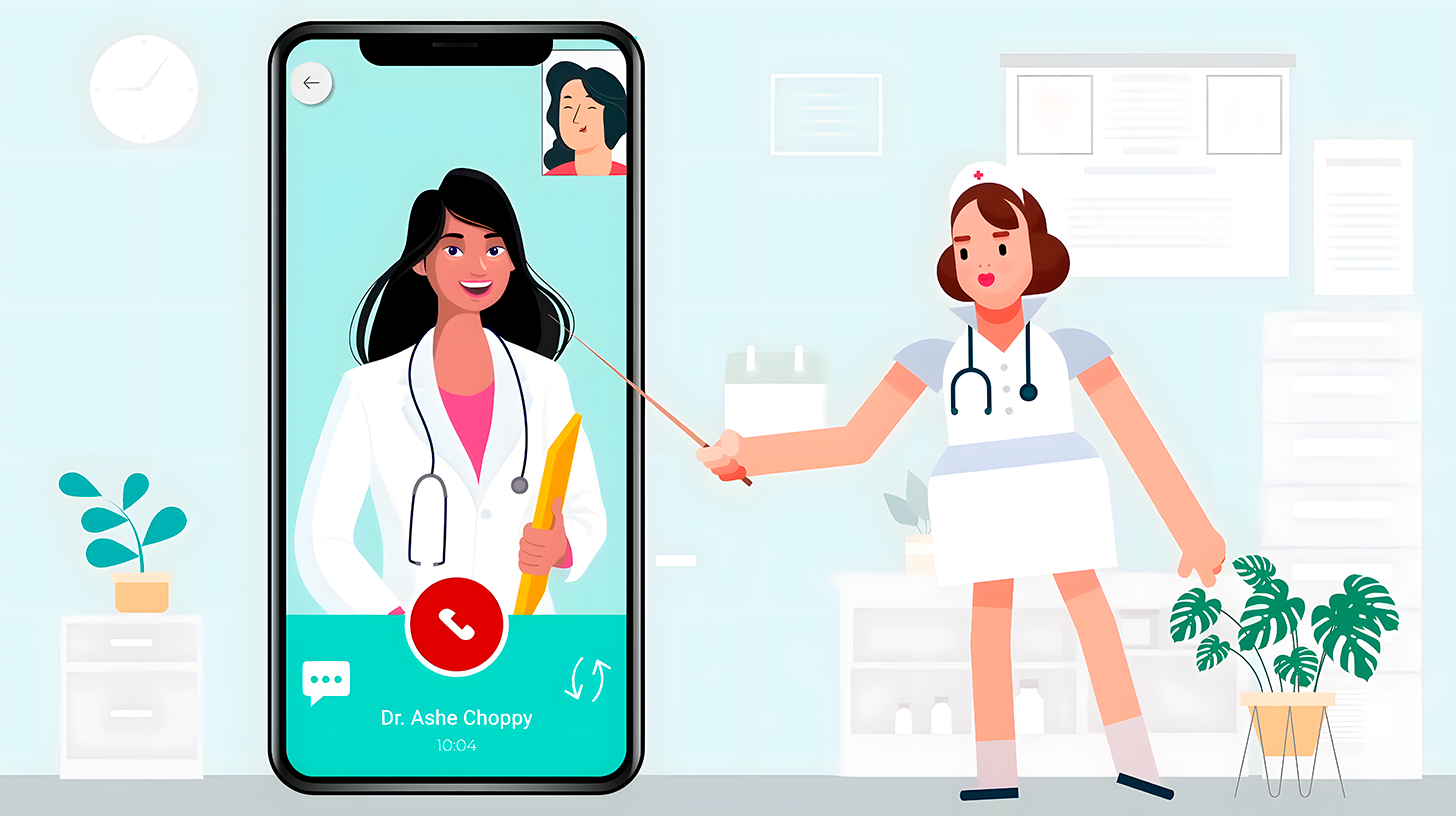Technology has permeated every sector in the digital age, and healthcare is no exception. As telemedicine becomes increasingly popular, healthcare providers are exploring ways to bring their services closer to patients. This has led to the development of healthcare applications. However, healthcare application development requires understanding the key functions users need. Here are some of the essential features that a healthcare application should have.
User Registration and Profile Management
A user-friendly registration process is the first step towards a successful healthcare app. Users should be able to create an account easily using their email addresses or social media accounts. Once registered, they should have a personal profile to manage their information, such as contact details, medical history, and insurance details.
Appointment Scheduling
One of the primary reasons people use healthcare apps is to book appointments with healthcare providers. Your application should have a feature that allows users to view the availability of doctors and schedule appointments at their convenience. It should also send reminders to prevent missed appointments.
Telemedicine Features
In telemedicine app development, you need to consider some aspects. These can include video or audio consultations, chat functionality, and a platform for sharing documents like lab reports or prescriptions. This permits patients to consult with their doctors from the comfort of their homes, especially for those with mobility issues.

Electronic Health Records (EHR)
An EHR feature allows doctors and patients to access medical records easily. Patients can view their history, lab results, prescriptions, and treatment plans. On the other hand, doctors can access this information to provide personalized care.
Prescription Management
A prescription management feature can help patients track their medication, set reminders for taking their pills, and even order refills. This is particularly useful for patients with chronic conditions who take multiple medications.
Health Tracking
A healthcare app can also serve as a health-tracking tool. It can monitor various health parameters like heart rate, sleep patterns, and physical activity. Some apps can even connect to wearable devices for real-time health tracking.
Secure Messaging
Communication between providers and patients is crucial. A secure messaging feature ensures that users can ask questions or discuss concerns while maintaining privacy and complying with healthcare regulations.
Payment Gateway
If your app offers paid services, it should have a secure payment gateway. Users should be able to pay for consultations, order medications, or pay for other healthcare services within the app.
Reviews and Ratings
Allowing users to rate and review doctors and services can help enhance the quality of service. It also aids new users in choosing a healthcare provider.
Push Notifications
Notifications can be used to remind patients about medication appointments or to inform them about new features or services.
In conclusion, a healthcare application should be user-friendly, secure, and comprehensive. It should facilitate easy access to healthcare services and empower users to manage their health effectively. By incorporating these functions, you can ensure that your app meets the needs of both healthcare providers and patients.




